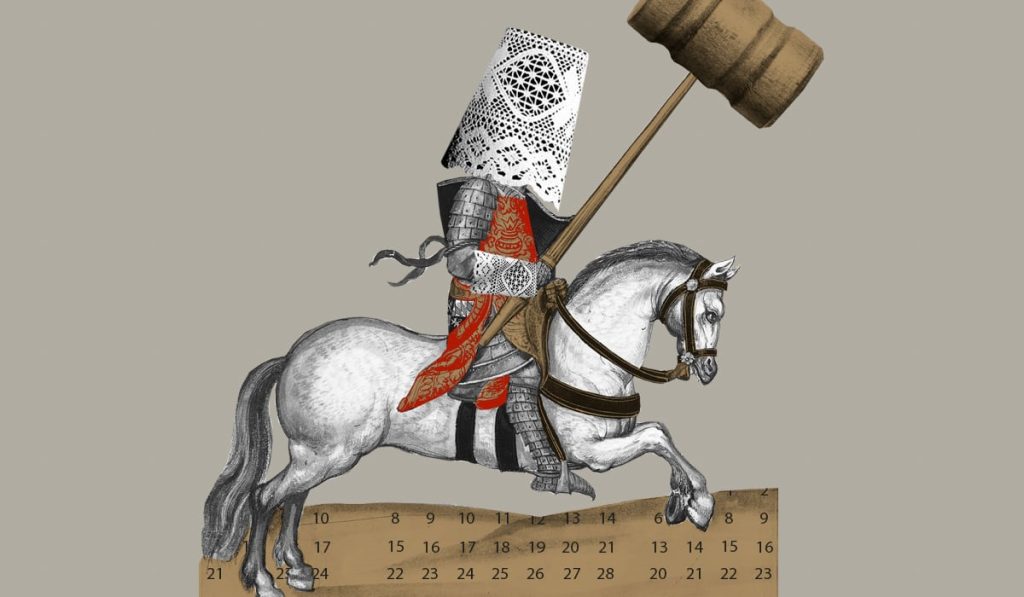The political agenda in Spain has shifted from being dominated by election dates to being dominated by court appointments. The country is experiencing a process of judicialization of politics that shows no sign of easing in 2025, with the right focused on cases such as the Koldo case, involving former minister José Luis Ábalos, as well as investigations against the wife and brother of President Pedro Sánchez. The Popular Party (PP) and Vox have placed a large part of their opposition strategy on opening, developing, and exaggerating cases against the government and its allies. According to PP president Alberto Núñez Feijóo, “There is no political agenda, only a judicial agenda.” The goal is to bring down the government by any means necessary.
Members of the conservative party have admitted in private that they push forward with maneuvers even knowing they will likely amount to nothing. An example of this is the lawsuit filed by the PP in the National Court against the PSOE for alleged irregular financing based on only two anonymous testimonies published on a website. The judge quickly dismissed the case after finding contradictions in the statements of the anonymous accusers. The aim of these actions is to create a constant atmosphere of tension and to depict an image of widespread corruption. Vox, under the leadership of Santiago Abascal, constantly predicts that Pedro Sánchez will eventually face trial and frequently files complaints and participates as a popular accuser in court proceedings.
In response, the PSOE has decided to change tactics. In contrast to the intense judicialization of politics pursued by the right, with support from secondary actors like the pseudo-union Manos Limpias and the ultra-Catholic group Hazte Oír, the socialists are beginning to suggest that there is a politicization of some sectors of the judiciary. According to Sánchez, the PP is playing with “marked cards.” José Luis Martí, a law professor at the Universitat Pompeu Fabra (UPF) in Barcelona, explains that when societies are strained and political options are not respected, the “anything goes” mentality prevails. Politics ceases to be a place of understanding and becomes a battleground, leading to the question: who ultimately benefits from this situation?
The intense confrontation between political parties and the judiciary raises questions about the impact on democracy and governance in Spain. The focus on legal battles and court cases has shifted the attention away from important policy discussions and measures that are needed for the welfare of the country. The constant attacks and accusations from both sides create a polarized atmosphere and hinder the possibility of finding common ground for the benefit of the citizens. The tactic of using the legal system as a weapon in the political arena risks undermining the credibility of the institutions and further eroding public trust in the government and the judiciary.
As the political landscape in Spain becomes increasingly polarized and contentious, the role of the judiciary in resolving disputes and upholding the rule of law is being put to the test. The manipulation of legal processes for political gain undermines the integrity of the judicial system and weakens the foundations of democracy. Moving forward, it will be crucial for all actors involved to prioritize dialogue, respect for democratic norms, and the rule of law in order to ensure a healthy and functioning political system that serves the interests of all citizens. Ultimately, the resolution of political conflicts through judicial means is not a sustainable or effective way to address the challenges facing Spain, and a return to a more constructive and collaborative approach to governance is essential for the country’s future stability and prosperity.


